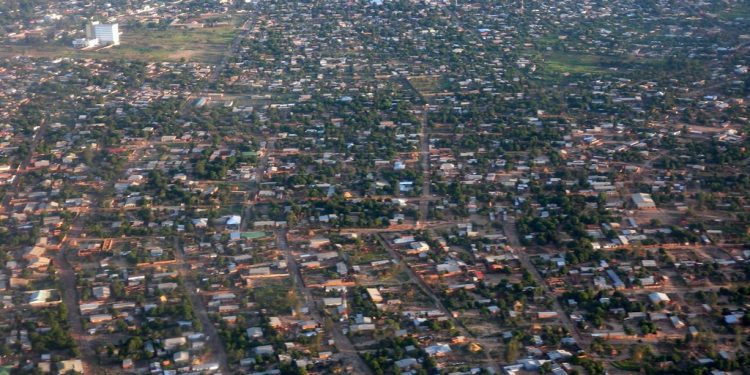Dhaka, the bustling capital of Bangladesh, is witnessing rapid, unplanned urbanization that is straining its infrastructure and threatening public health. With a growing population and limited resources, addressing these challenges is critical for the city’s sustainable future. This article examines the health risks associated with unplanned urban growth and proposes actionable solutions.
1. The Urbanization Boom in Dhaka
Dhaka’s population surge is transforming its urban landscape.
- Rapid Growth: The city’s population has skyrocketed, with millions migrating for economic opportunities.
- Inadequate Planning: Unregulated development has resulted in overcrowded housing, insufficient sanitation, and lack of green spaces.
- Environmental Strain: Industrial activities and vehicular emissions contribute to air and water pollution.
2. Public Health Challenges
Unplanned urbanization directly impacts the health of Dhaka’s residents.
- Respiratory Issues: Air pollution from traffic and factories exacerbates respiratory diseases.
- Waterborne Illnesses: Contaminated water supplies increase the prevalence of diarrhea and cholera.
- Mental Health Strain: Overcrowding, noise, and lack of recreational spaces contribute to stress and anxiety.
3. Socioeconomic Implications
The health crisis in Dhaka affects more than just individuals.
- Healthcare System Pressure: Hospitals and clinics are overwhelmed by the influx of patients.
- Economic Losses: Illnesses reduce workforce productivity, hindering economic growth.
- Inequality: Low-income communities bear the brunt of poor urban planning and inadequate services.
4. Solutions for Sustainable Urban Development
Addressing these issues requires immediate and long-term measures.
- Improved Infrastructure: Investments in sanitation, housing, and transportation are essential.
- Green Initiatives: Creating parks and promoting urban greenery can enhance air quality and well-being.
- Community Engagement: Empowering residents to participate in urban planning ensures equitable solutions.
5. Government and Global Partnerships
Collaborative efforts are key to overcoming Dhaka’s urban challenges.
- Policy Reforms: Strengthening regulations on land use and industrial activities is crucial.
- International Aid: Partnerships with global organizations can provide financial and technical support.
- Data-Driven Planning: Utilizing technology and research to inform urban policies enhances effectiveness.
Conclusion
Dhaka’s unplanned urbanization poses significant risks to public health and the environment. By adopting sustainable urban planning practices, investing in infrastructure, and fostering community involvement, Bangladesh can create a healthier, more livable capital. Addressing these challenges is essential for the well-being of Dhaka’s residents and the country’s development trajectory.




